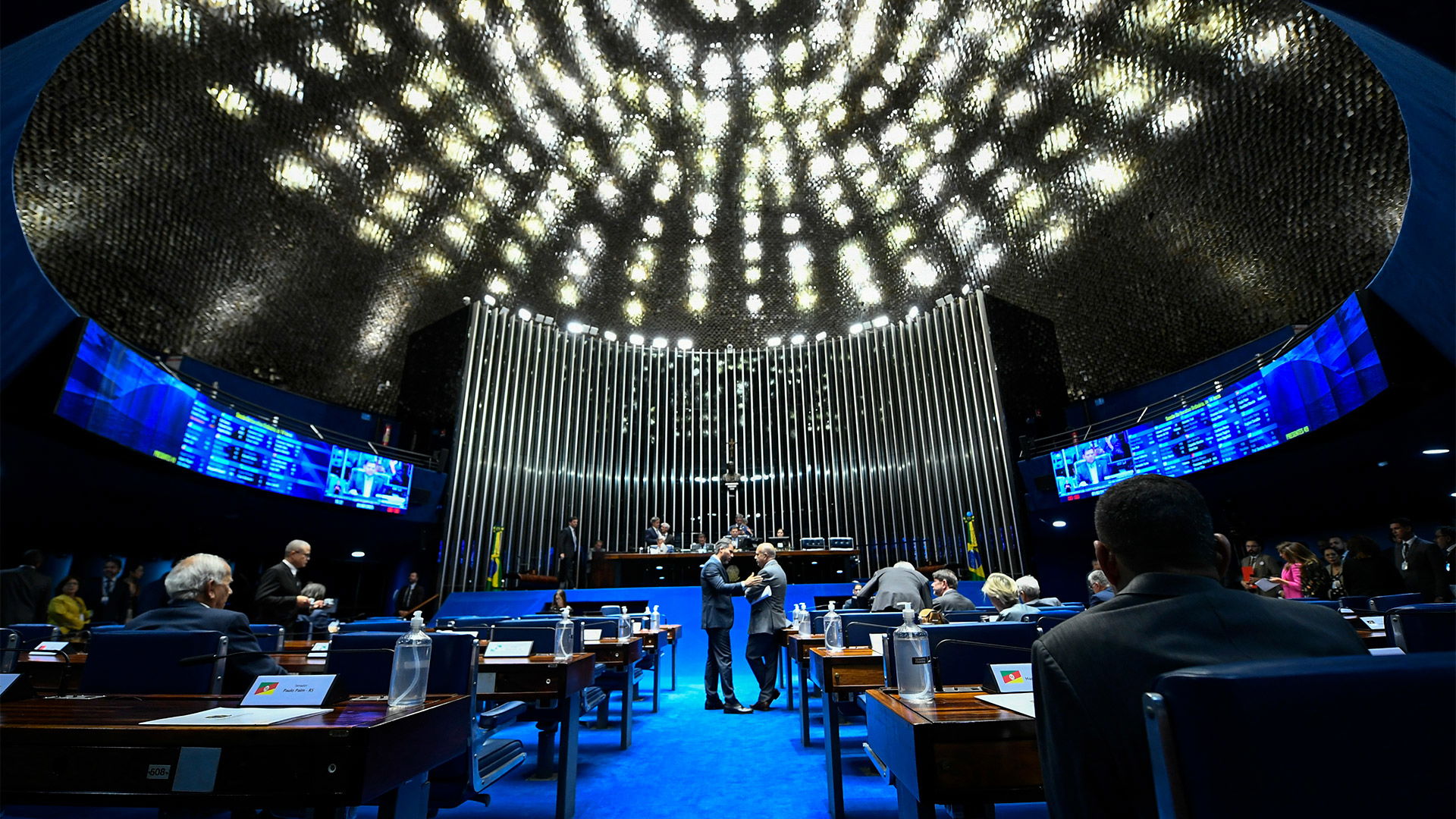Brazil’s proposed tax hike on betting and fintech firms projected to raise $3.35 billion by 2028

The Brazilian Senate’s Economic Affairs Committee (CAE) is set to deliberate on Bill 5,473/2025, which proposes a sharp increase in taxation on betting operators and fintech companies. Rapporteur Senator Eduardo Braga (MDB-AM) estimates that the measure could generate up to R$18 billion ($3.35 billion) in additional revenue between 2026 and 2028.
The proposal, introduced last week by Senator Renan Calheiros (MDB-AL), seeks to revive parts of a previously blocked Provisional Measure (MP) that outlined fiscal alternatives to the rejected expansion of the Tax on Financial Operations (IOF) in the Chamber of Deputies.
Braga’s report breaks down the projected fiscal gains from the proposed changes: 4.98 billion ($927 million) in 2026, R$6.38 billion ($1.18 billion) in 2027, and R$6.69 billion ($1.24 billion) in 2028.
According to the senator’s calculations, most of the expected revenue, around R$13.3 billion ($2.47 billion), would stem from doubling the tax rate on betting activities from 12% to 24%.
The text also proposes that all or part of the funds collected be allocated to strengthen the social security systems of states and municipalities facing revenue losses due to an ongoing proposal to expand the income tax exemption threshold to salaries of up to R$5,000 ($930). That measure, currently under Senate review, may also be voted on by the CAE.
The betting industry has strongly opposed the proposed increase, arguing that existing taxation already imposes a heavy financial burden. While critics of the sector claim that betting operators pay only 12% in taxes, industry representatives counter that the figure refers only to the Gross Gaming Revenue (GGR) rate and does not account for additional levies applied to all Brazilian businesses. When combined, they say, the total effective tax burden already approaches 40%.
With the proposed rate hike to 24% on GGR, operators warn that many licensed companies could be forced out of the market. They also caution that such a move could inadvertently strengthen unregulated platforms that do not adhere to tax, compliance, or responsible gaming standards.
Industry observers note that illegal betting sites already account for roughly half of the Brazilian market, attracting players through higher payouts made possible by tax evasion. The concern among stakeholders is that further taxation could drive even more consumers toward these clandestine platforms, undermining both government revenue goals and ongoing efforts to regulate the gaming sector.

















